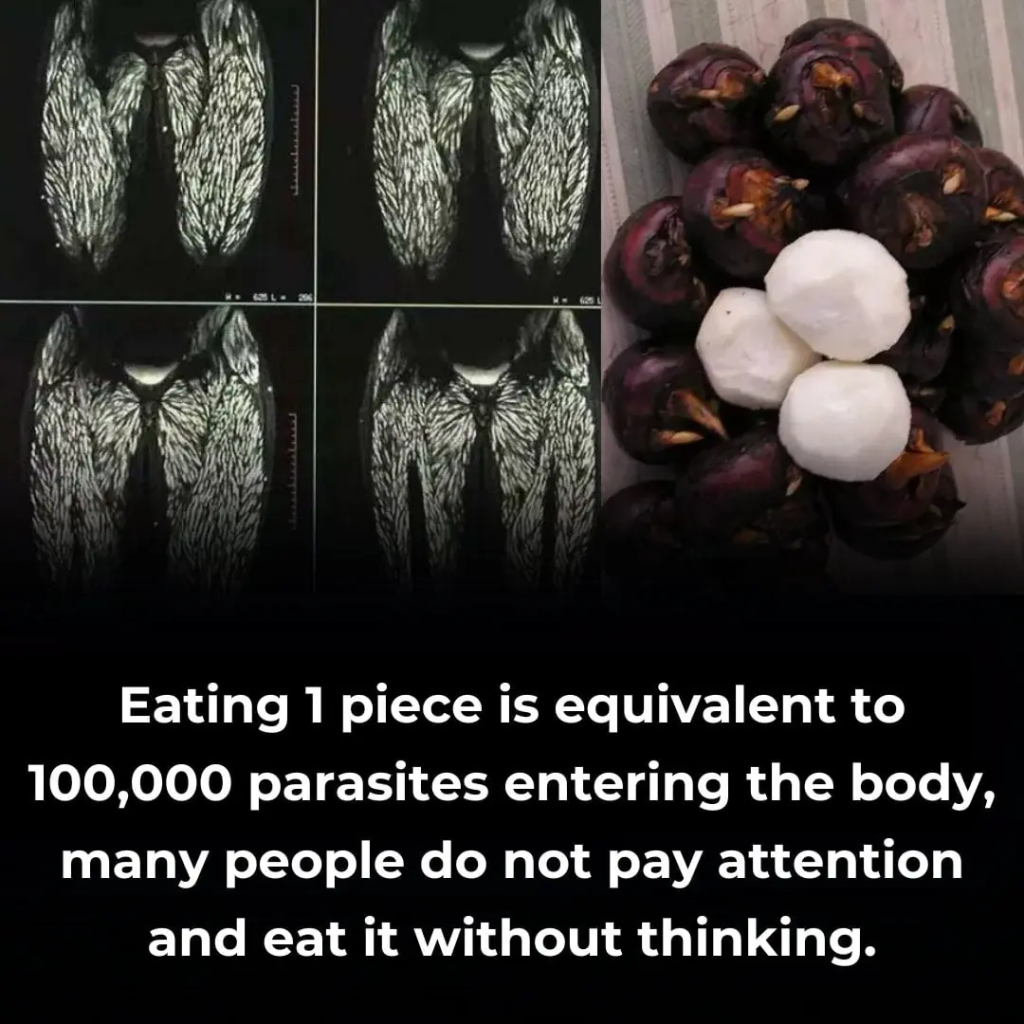Let’s get real for a second. Most of us have grabbed a bite of something questionable — undercooked meat at a BBQ, a raw oyster at a party, or maybe some unwashed fruit from a street vendor. It seems harmless at the time, but that single bite? It could invite invisible parasites into your body that you’ll never see coming.
From roundworms to tapeworms and amoebas to flatworms, parasites don’t need much to make your body their new home. They’re sneaky, often undetectable by sight or smell, and can turn a casual snack into a long-term health battle. And yet, many people eat risky foods without a second thought. Why? Let’s break it down.

The Foods You Thought Were Safe Might Not Be
Some of the most common foods in our daily lives are quietly crawling with risk — and it’s not always obvious. Here are a few you should think twice about before taking that next bite.
Undercooked Meat: A Parasite Playground
Pork, beef, and fish are the top offenders here. When they’re not cooked to proper internal temperatures, they can carry parasites like Trichinella (found in pork), Taenia (a tapeworm in beef), and Anisakis (a parasite commonly found in fish). These organisms can trigger serious issues — we’re talking abdominal pain, vomiting, fever, and long-term digestive trouble.
And here’s the kicker: these parasites can survive in your gut for years if you’re unlucky enough to swallow them alive.
Video: Signs That You Have A Human Parasite
Raw Shellfish: Filter Feeders with a Dirty Secret
Oysters, mussels, clams — they’re beloved in coastal cuisine, but they’re also notorious for absorbing parasites from contaminated water. Some of these, like trematodes, are not only harmful but also hard to diagnose once inside you. If they’re not fully cooked, you’re basically gambling with every bite.
Unwashed Produce: A Health Halo with Hidden Risks
Think fresh fruit is a safe bet? Only if you wash it properly. Raw veggies and fruits often carry parasites like Giardia and Toxoplasma gondii, especially if grown in contaminated soil or irrigated with unsafe water. That beautiful apple? It might’ve been rolled in manure-rich soil and never rinsed.
Raw Milk and Cheese: Creamy but Contaminated
Unpasteurized dairy products are making a trendy comeback — but they can also carry Cryptosporidium and Giardia. These parasites are highly resistant to regular sanitizing methods, making raw dairy a risky indulgence. Stick with pasteurized options unless you enjoy the thrill of microbial roulette.
Video: Contaminated Water: The Silent Culprit
Whether it’s drinking or washing food, unsafe water is a major parasite gateway. In many parts of the world, Giardia and Entamoeba lurk in streams, wells, and even tap water. And no — adding ice to your drink doesn’t make it safer.
How to Stay Safe Without Becoming Paranoid
Good news? You don’t need to give up your favorite meals. You just need to prep them smartly.
Cook It Right or Don’t Eat It
- Pork: Cook to at least 145°F (63°C) internally.
- Beef: Aim for 160°F (71°C) for complete safety.
- Fish: Should reach 145°F (63°C) or flake easily with a fork.
- Shellfish: If it didn’t open while cooking, toss it out. That one’s a trap.
Wash What You Can — And Then Wash It Again
Your veggies don’t need to be swimming in bleach, but they do need a solid rinse under running water. Scrub tougher produce like carrots or potatoes with a brush. Peeling can also help, especially if you’re unsure of its origin.
Say Yes to Pasteurized Dairy
It may not sound as “organic” or cool as raw milk, but pasteurized milk and cheese won’t surprise your intestines with a parasite invasion. Check the label and choose safety.
Always Trust the Water Source
If you’re traveling or in an area with questionable sanitation, boil your water or drink bottled water only. One sip of contaminated water is all it takes.
Don’t Just Prep Food — Prep Your Hands and Tools

Wash your hands before and after handling raw foods. Sanitize cutting boards, knives, and surfaces regularly. And never use the same cutting board for meat and veggies. That’s a fast track to cross-contamination.
Freeze First If Eating Raw Fish
Planning on making sushi at home? Make sure your fish is frozen at -4°F (-20°C) for at least 24 hours beforehand. This can kill most parasites and make raw fish safer to eat.
Why People Still Risk It (Even When They Know Better)
So why do so many people keep eating foods that could make them sick?
Convenience plays a big role. So does taste and tradition. And honestly, there’s a sense of denial. “That won’t happen to me,” we say. Until it does. And by then, the damage is already done.
The scariest part? Some parasitic infections are symptomless for months or years — quietly damaging your body in the background. What starts as bloating or fatigue could be a parasite eating away at your health from the inside out.
Conclusion
Taking one bite of the wrong food can unleash an invisible battle in your body — and most people don’t even realize it until it’s too late. Parasites aren’t just something out of a medical documentary. They’re real, they’re sneaky, and they’re far more common than you think.
But you don’t have to live in fear. With a few simple shifts — cook thoroughly, wash everything, choose pasteurized, and stay alert when you travel — you can dramatically reduce your risk.
Because let’s be honest: your health is too important to leave to chance. One careless bite might be all it takes — but one smart choice could be the bite that saves you.


